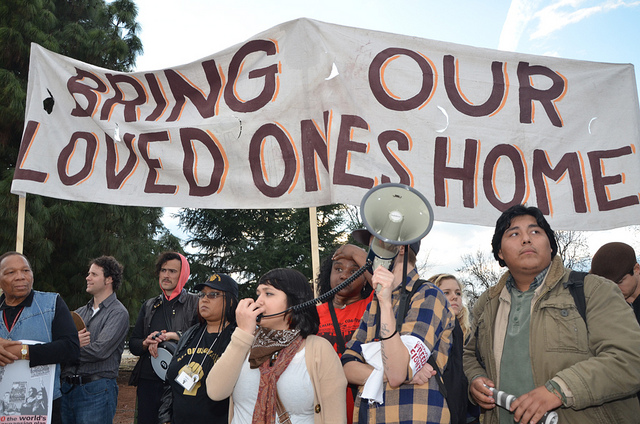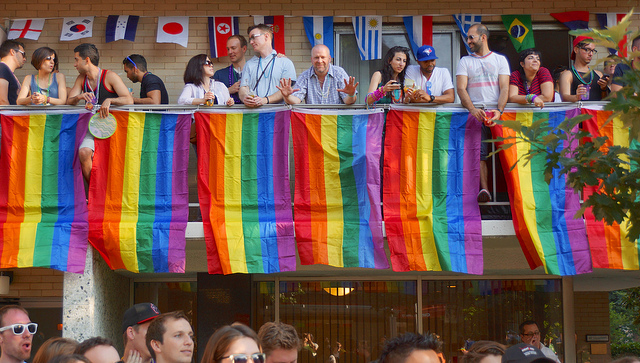
Women account for about 7% of the U.S. prison population. Compared to men, they are much more likely to experience poverty, mental health issues, and various forms of victimization prior to being incarcerated. And while they’re in prison, women are more likely to experience mental health problems, chronic medical conditions, and sexual misconduct by staff members. These issues do not disappear after release, but are coupled with difficulty finding adequate employment, public assistance, and health care.
Sociologist Susan Sered was recently featured in Sojourners, which explored her advice to faith communities helping formerly incarcerated women. Drawing on eight years of research with criminalized women in the Boston area, Sered suggests churches and communities of faith can provide shared knowledge and support in the form of information about housing, employment, health systems, and social networks. She believes faith communities can help women make meaning out of their suffering by reframing their incarceration as experience that can provide them with special insight, rather than a reason to blame or ostracize them. Sered says, “criminalized women need to hear these powerful messages from religious communities.”
Read the full article here.

